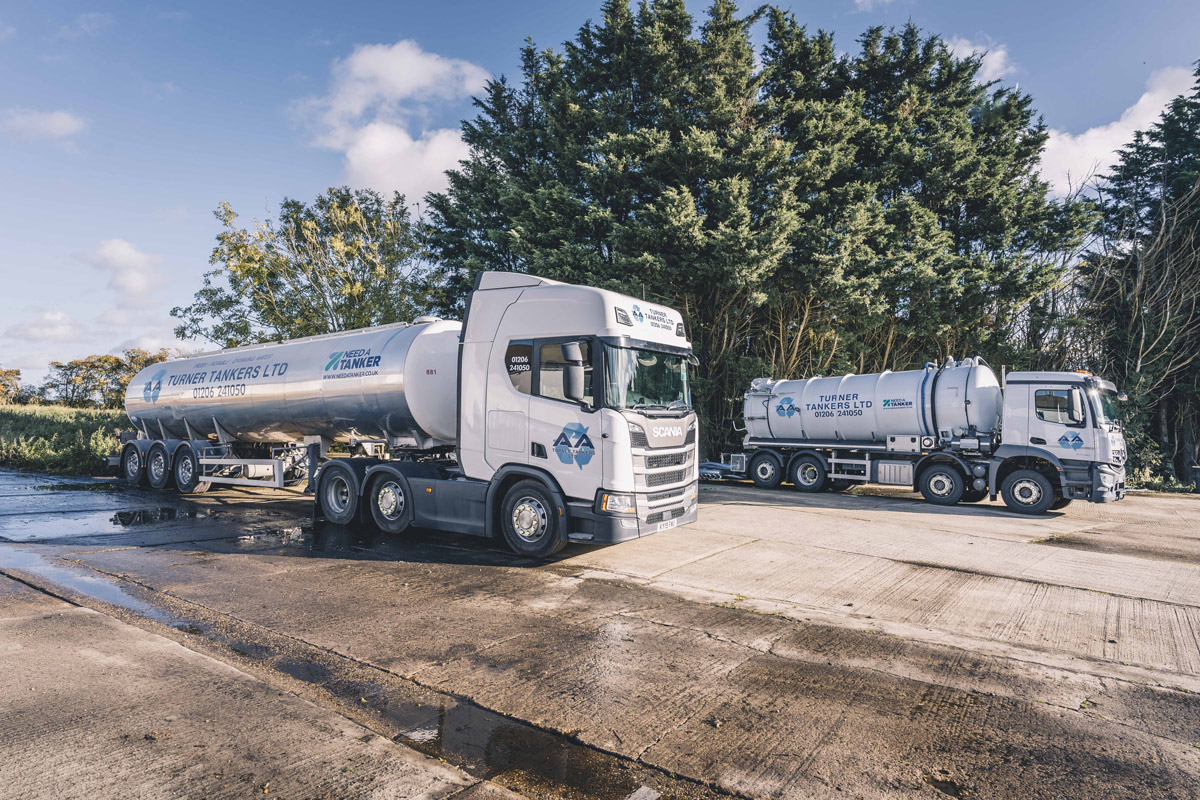The Reclaim Waste Ideas
The Reclaim Waste Ideas
Blog Article
The smart Trick of Reclaim Waste That Nobody is Talking About
Table of ContentsAn Unbiased View of Reclaim WasteFascination About Reclaim WasteUnknown Facts About Reclaim WasteHow Reclaim Waste can Save You Time, Stress, and Money.10 Easy Facts About Reclaim Waste Shown
Check out the kinds, incidents, and forms of fluid waste. Domestic sewer waste describes the waste and products from a property septic storage tank. This kind of waste is produced by people in homes, institutions, and other structures. This only consists of septic storage tanks that have a drainpipe field. The correct administration and disposal of residential sewage waste need fluid waste to be moved to a sewage therapy plant where the correct methods and tools are put on detoxify and take care of waste.
Commercial waste typically includes prospective hazards, such as flammable products or a blend of liquid and solid waste items, and calls for an extra innovative and in-depth disposal procedure. The disposal of business waste usually includes the filtering of waste prior to transportation to guarantee secure and proper disposal. Industrial waste is developed from byproducts and runoff of industrial procedures and production.
This kind of waste can not utilize the very same sewer monitoring transportation or procedures as septic or business liquids. The hazardous waste monitoring process calls for the examination and testing of fluid waste before it undergoes the disposal process (liquid waste removal). Overflow waste is the fluid waste that comes from overflow and excess stormwater in highly inhabited areas or cities
Drainage waste can create contamination and flooding if not taken care of properly. Guaranteeing appropriate waste management can prevent catastrophes and reduce environmental injury.
Indicators on Reclaim Waste You Should Know
Get in touch with PROS Services today to find out about our waste monitoring and disposal services and the correct means to take care of the fluid waste you generate.
(https://experiment.com/users/reclaimwaste1)Do you recognize what happens to your water when you pull the plug, flush the commode or drain pipes the washing maker? No? Well, it deserves understanding. This supposed 'wastewater' is not just a vital resource however, after treatment, will certainly be launched to our land, waterways or the ocean. Made use of water from toilets, showers, bathrooms, kitchen area sinks, washings and industrial processes is known as wastewater.

water used to cool down machinery or clean plant and equipment). Stormwater, a kind of wastewater, is overflow that moves from farming and city areas such as roof coverings, parks, yards, roads, courses and gutters right into stormwater drains pipes, after rain. Stormwater moves neglected directly to local creeks or rivers, eventually reaching the sea.
All about Reclaim Waste
In Queensland, most wastewater is treated at sewer therapy plants. Wastewater is carried from residential or industrial sites via a system of drains and pump terminals, referred to as sewerage reticulation, to a sewage treatment plant. Local governments build, keep and run most sewage treatment plants. Operators are certified under the Environmental Management Act 1994 to discharge treated wastewater at an appropriate ecological criterion right into waterways.
The Department of Natural Resources advises regional federal governments regarding managing, operating and preserving sewage systems and treatment plants. In unsewered areas, local governments may require householders to set up individual or family sewer treatment systems to treat domestic wastewater from toilets, kitchens, shower rooms and washings. The Department of Natural Resources authorizes using house systems when they are shown to be efficient.
In some new neighborhoods, treatment of some stormwater to eliminate clutter, sand and gravel has begun utilizing gross contaminant traps. Wastewater therapy occurs in 4 phases: Gets rid of solid issue.
Utilizes small living organisms understands as micro-organisms to break down and get rid of remaining dissolved wastes and great particles. Micro-organisms and wastes are incorporated in the sludge.
The Greatest Guide To Reclaim Waste
Nutrient elimination is not offered at all sewage therapy plants because it requires costly specialised tools. Clear liquid effluent generated after treatment may still consist of disease-causing micro-organisms - liquid waste removal.

Most wastewater flows into the sewage system. Under the Act, regional governments administer authorizations and permits for ecologically relevant tasks (ERAs) involving wastewater launches that could have a local effect.
The Best Guide To Reclaim Waste
Monitoring offers factual information regarding water quality and can verify that licence problems are being satisfied. The information gotten with tracking supplies the basis Going Here for making water top quality choices.
Report this page